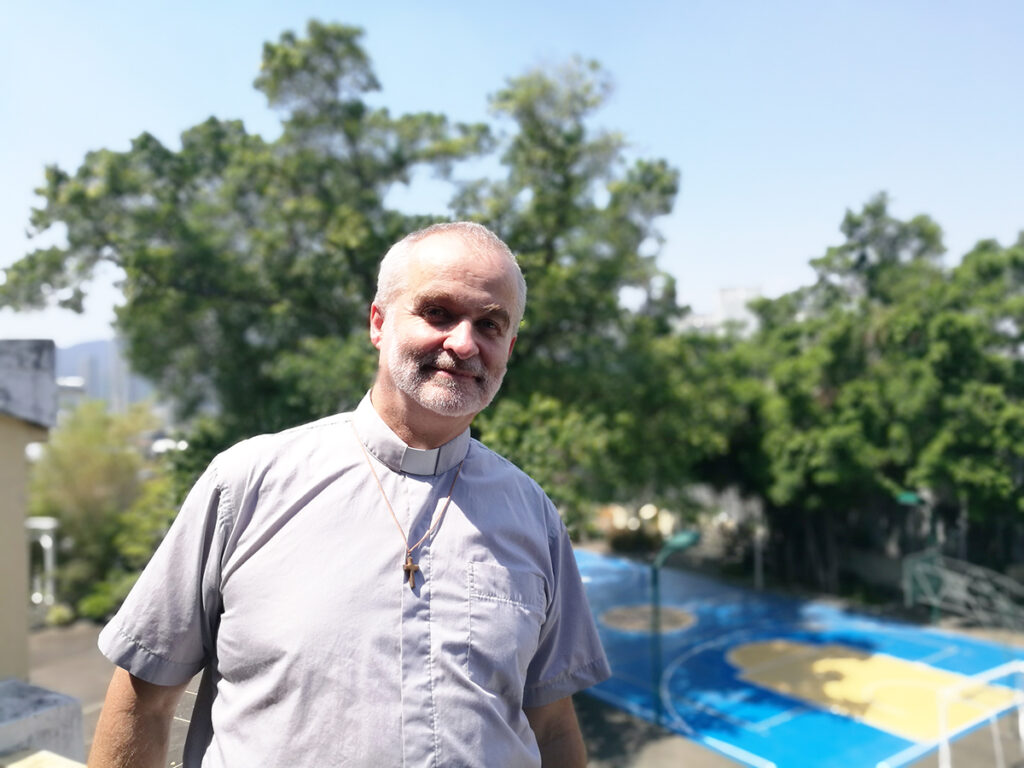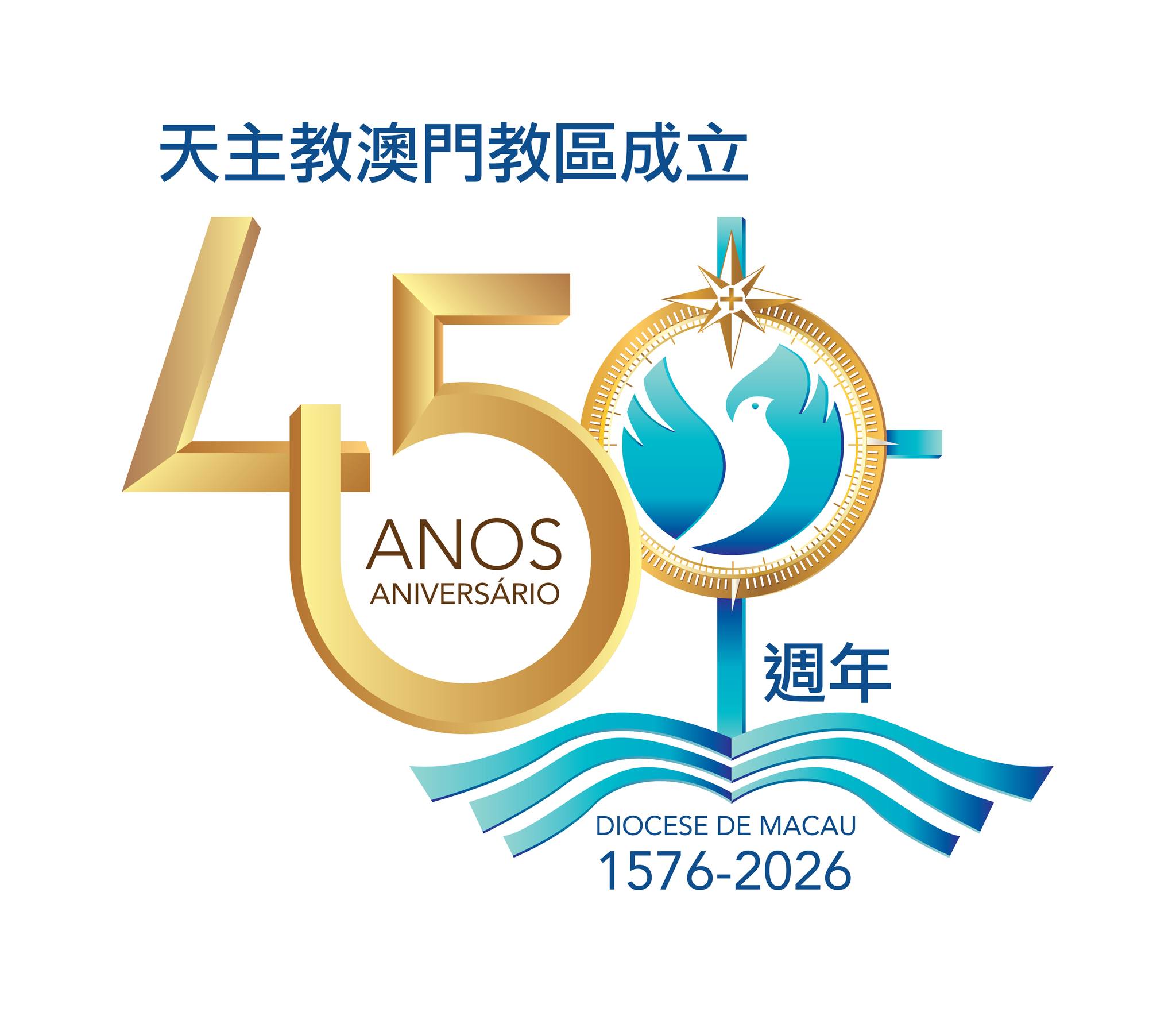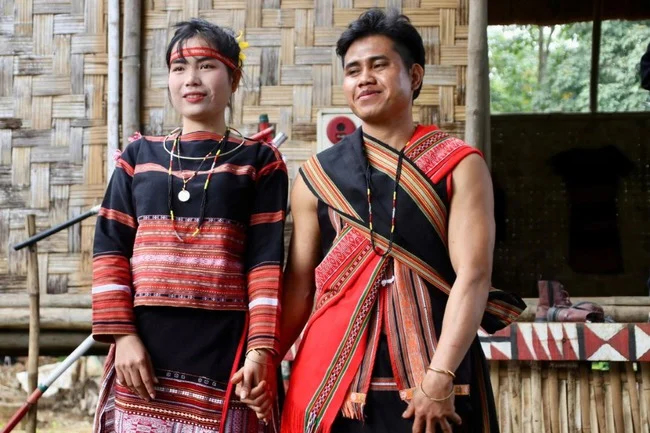Marco Carvalho
Starting this November and until mid-February next year, the Diocese of Macau will measure the expectations of the local Catholic communities. The public consultation process, organized in the context of the diocesan phase of the Synod of Bishops, can help “to strengthen bridges between different groups within the Church,” Father Franz Gassner SVD told O Clarim. The results of the meetings should be revealed on February 26th, the day the diocesan phase of the synodal process comes to an end.
This is the first decentralized Synod ever organized by the Catholic Church, with the Vatican seeking input from virtually every Catholic in the world. How can this process bring about a new way of being in the Church?
Actually, it is not a new way of being church. The Church is always by her very nature “catholic,” which means “universal” (literally: “concerned with the whole / the bigger picture”). What might be new is a new awareness, urgency, and experience of being the universal family of Jesus Christ, also in response to new challenges and opportunities.
Vatican II writes beautifully about this universal reality of the Church: “Since the Church is in Christ like a sacrament or as a sign and instrument both of a very closely knit union with God and of the unity of the whole human race, it desires now to unfold more fully to the faithful of the Church and to the whole world its own inner nature and universal mission … so that all men, joined more closely today by various social, technical and cultural ties, might also attain fuller unity in Christ” (Lumen Gentium, no. 1).
Therefore, the goal is a deeper unity with God and with one another as people and peoples, based on the method to find “unity with Christ.”
One necessary way to reach this goal is the Synod, which is as old as the Church itself. “Synod” means, “joint way,” “walking together” (from Greek: syn = with; hodos = way).
The first universal Synod happened around 50 A.D. in Jerusalem, and Saint Peter and Paul took part, but, even more importantly, the Holy Spirit was present to guide the Church in view of solutions to problems.
In my home Diocese of Vienna with around 600 Catholic parishes, there was a synodal process from 2008-2018, with 5 major organized synods to “walk together” and address officially the local challenges which the Church faces. This “retreat” process was called Acts 2.1, with the goal to continue the mission of the Lord in the 21st Century.
Every Catholic is important for witnessing the Good News, because the Holy Spirit “distributes special graces among the faithful of every rank. By these gifts He makes them fit and ready to undertake the various tasks and offices which contribute toward the renewal and building up of the Church” (Lumen Gentium, 12). We see, this “walking together” is already a reality in many aspects, but it is necessary to deepen the global dimensions of this “walking together” as the family of Jesus.
Again in the words of Lumen Gentium: ”The holy people of God shares also in Christ’s prophetic office. The entire body of the faithful, anointed as they are by the Holy One, cannot err in matters of belief. They manifest this special property by means of the whole peoples’ supernatural discernment in matters of faith when ‘from the Bishops down to the last of the lay faithful’ they show universal agreement in matters of faith and morals. That discernment in matters of faith is aroused and sustained by the Spirit of truth. It is exercised under the guidance of the sacred teaching authority” (Lumen Gentium, 12).
Thus, “Synod” means to “be on a pilgrimage together” by the guidance of the Holy Spirit for the good of the whole (i.e., “Catholic”) Church and the human family.
What can this Synod of the Bishops mean for the Catholics of peripheral Dioceses like Macau?
It can deepen the nature of our Christian pilgrimage in this part of God’s vineyard, but especially it can intensify our understanding of the Gospel and the signs of the time and inspire us to find new ways to translate and live our Christian mission in daily life. It can help us to build and strengthen bridges between different groups in the Church, within Macau, and beyond.
Pope Francis said, in the opening of the Synod, that this worldwide process is an opportunity the Church has for healing itself and for renewal, in light of the clerical sexual-abuse scandals, a pandemic that has upended pastoral models and the environmental and post-pandemic social crises. Is this renewal unavoidable?
Renewal is always necessary. There is no alternative to conversion and reconciliation for a true Christian and our Church, at all times, on all levels, in all regions. The Good News contains always a “surplus of meaning” (Paul Ricœur), challenging us, or in the words of our Lord himself: “Repent and believe in the Gospel,” which is the DNA of every follower of Jesus Christ. Placing the child, the most vulnerable, “at their center” (Matthew 18:2) is a transforming task we have to learn completely anew as Church today. Thus, walking together as the family of Jesus, in a Synod, guided by the Holy Spirit, helps us to address the challenges and crises in view of proper solutions. Most of all, it makes us ready “to proclaim the Gospel to every creature” (Mark 16:15), which alone can fill our hearts and communities with new peace and joy.
Is this the most crucial moment of pope Francis’ pontificate?
For a Christian, every moment in life is a kairos, a “filled time” (Mk 1:15). I am sure also for Pope Francis. If we really believe in the presence of the Holy Spirit, every moment in life is crucial, and the Holy Spirit guides us in addressing and solving our problems and in preserving unity in diversity (see more in Acts 15 on the First universal Synod around 50 A.D.).


 Follow
Follow


